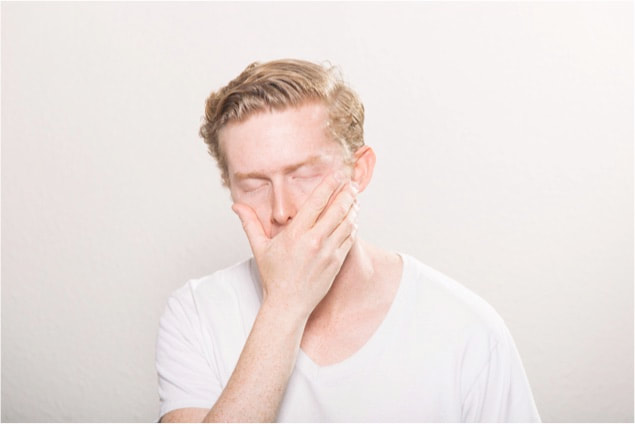Guilt: Definition, Types, & Differences Versus ShameBy Beebe Stroud, B.A.
Reviewed by Tchiki Davis, M.A., Ph.D. What is guilt? Discover what guilt means, different types of guilt, and how guilt is different than shame.
But what is guilt and how is it different from shame? Can you be guilty by association, and when do we learn to feel guilty? These questions are important since guilt has the potential to distract us from the present moment and harm our mental health. In fact, an excess of guilt is listed as a symptom in the Diagnostic and Statistical Manual of Mental Disorders (APA, 2013) for depression, post-traumatic stress disorder (PTSD), and eating disorders. In this article, guilt will be defined and connected concepts will be explored. Then we will end with suggestions on how we can deal with guilt.
Before reading on, if you're a therapist, coach, or wellness entrepreneur, be sure to grab our free Wellness Business Growth eBook to get expert tips and free resources that will help you grow your business exponentially. Are You a Therapist, Coach, or Wellness Entrepreneur?
Grab Our Free eBook to Learn How to
|
Are You a Therapist, Coach, or Wellness Entrepreneur?
Grab Our Free eBook to Learn How to Grow Your Wellness Business Fast!
|
Terms, Privacy & Affiliate Disclosure | Contact | FAQs
* The Berkeley Well-Being Institute. LLC is not affiliated with UC Berkeley.
Copyright © 2024, The Berkeley Well-Being Institute, LLC
* The Berkeley Well-Being Institute. LLC is not affiliated with UC Berkeley.
Copyright © 2024, The Berkeley Well-Being Institute, LLC




